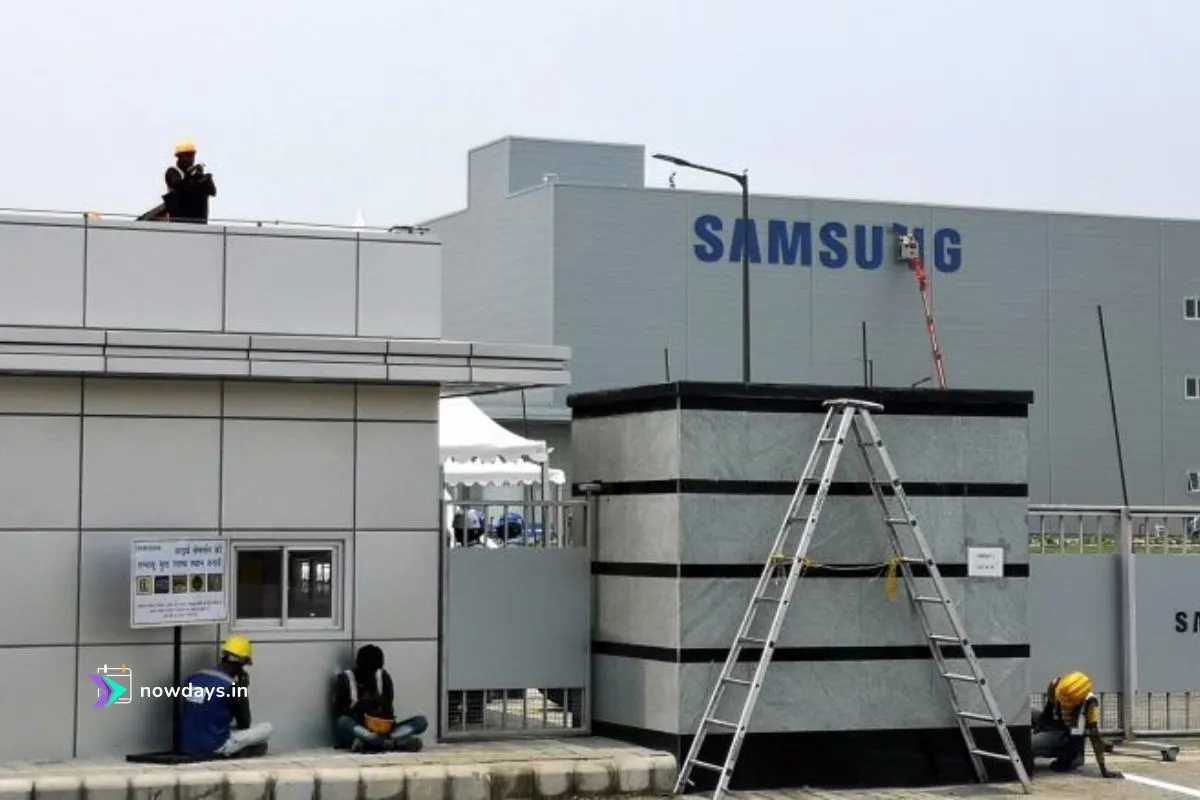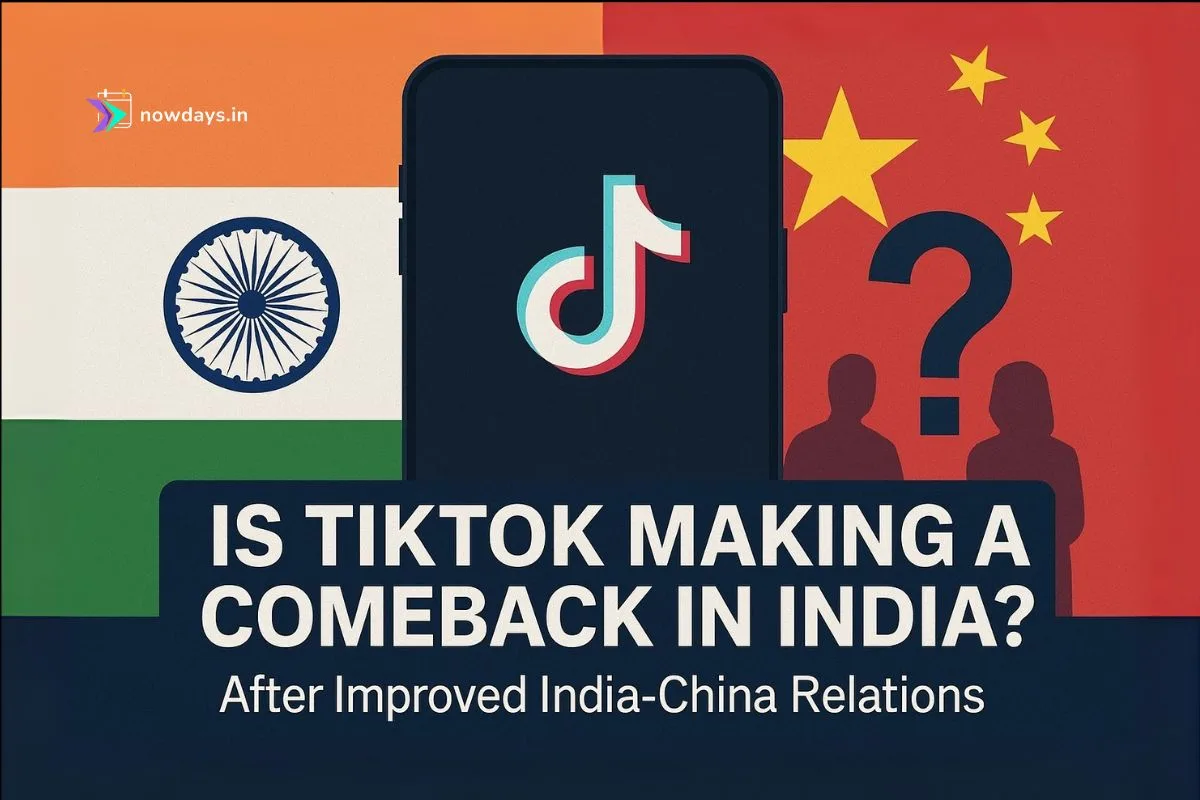In a significant boost to India’s electronics manufacturing landscape, South Korean tech giant Samsung has commenced laptop assembly at its expansive facility in Greater Noida, Uttar Pradesh. This development, confirmed by industry insiders, expands the company’s local production lineup beyond smartphones and wearables, aligning with national goals for self-reliance in technology.
Samsung’s Manufacturing Milestone in India
The Greater Noida plant, established in 1996 as one of Samsung’s earliest overseas ventures, now includes laptop manufacturing alongside its existing operations for mobile devices, tablets, and accessories. Sources indicate this step is part of a broader strategy to diversify output and tap into India’s growing demand for personal computing products. The move follows hints from Samsung Electronics’ mobile experience business head earlier this year about exploring local laptop production.
Union Electronics and IT Minister Ashwini Vaishnaw recently highlighted Samsung’s commitment after meeting with company executives, stating that the firm is ramping up advanced device assembly driven by domestic talent and innovation. This factory, Samsung’s second-largest global mobile production hub, already contributes significantly to exports, positioning India as a key player after Apple in handset shipments.
Key Details: From Smartphones to Laptops
- Production Focus: Initial output targets premium models like the Galaxy Book series, with potential for mid-range variants to capture broader market segments.
- Capacity and Scale: The facility’s expansion could produce millions of units annually, leveraging existing infrastructure for efficient scaling.
- Market Strategy: Samsung aims for a double-digit share in India’s laptop sector, where it currently trails leaders like HP and Lenovo, according to Counterpoint Research data.
- Timeline: Preparations began months ago, with full-scale operations kicking off in mid-2025, sources say.
This initiative supports the government’s Production Linked Incentive (PLI) scheme, offering fiscal benefits for local manufacturing to reduce import dependence.
Expert Opinions: A Strategic Power Play
Industry analysts view this as a calculated expansion. In a Business Today report, a tech strategist noted, “Samsung’s entry into laptop production strengthens its ecosystem play, combining hardware with software like One UI for seamless integration.” They predict this could pressure competitors to localize more aggressively.
On YouTube, channels analyzing electronics trends, such as those with over a million subscribers, discuss how this reduces logistics costs and enables faster market responses. One video expert commented, “By making laptops here, Samsung can offer competitive pricing, potentially dropping costs by 5-10% for Indian consumers amid rising global chip prices.”
Economists from think tanks like ORF emphasize job creation: “This could generate thousands of skilled positions in Uttar Pradesh, supporting the Make in India vision,” aligning with Samsung’s role as India’s second-largest handset exporter.
Analyzing the Broader Impact
This production start holds multifaceted implications:
- Economic Boost: It enhances India’s electronics export profile, with Samsung’s facility already contributing billions. Local assembly could cut import duties, making devices more affordable and stimulating domestic sales.
- Market Dynamics: In a segment growing at 15% annually per IDC reports, Samsung’s presence intensifies competition, benefiting consumers with innovation and variety. However, it faces challenges from established players and supply chain disruptions.
- Challenges Ahead: Experts warn of hurdles like component sourcing amid global shortages. A Hindustan Times analysis points out that while PLI aids, consistent policy support is crucial for sustained growth.
- Global Context: This mirrors Samsung’s strategy in Vietnam and South Korea, positioning India as a hub amid US-China trade tensions.
Critics, in forums like Reddit, question if localization will truly lower prices or if profits will flow overseas. Overall, this step reinforces India’s manufacturing ambitions, potentially paving the way for more tech investments.
As Samsung ramps up, consumers can anticipate a wider range of locally made laptops by late 2025, blending global quality with Indian efficiency. For brands, it’s a call to adapt or risk losing ground in this dynamic market.










